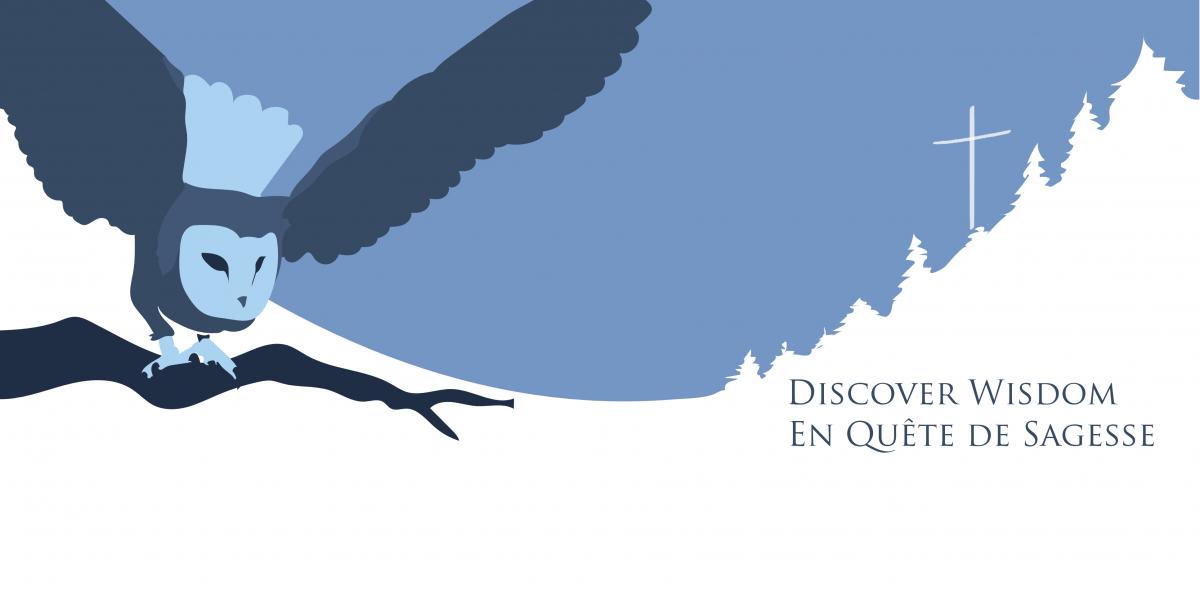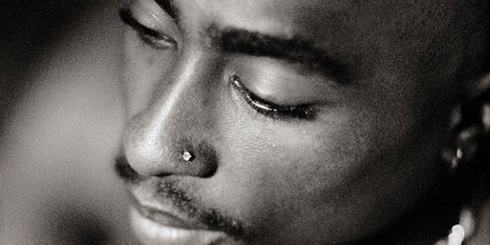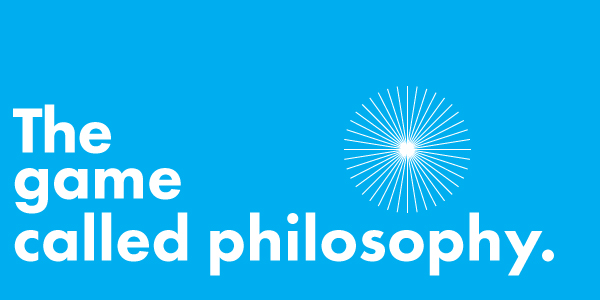Blog - Blogue

-
Do we understand others?
vendredi 26 juin 2015What happens when we communicate with one another? And can we say at the end of the conversation that we have truly understood the other person’s message?
The later Wittgenstein famously proclaimed in his iconic Philosophical Investigations, ‘If a lion could talk, we could not understand him’ (§ 327). Buckets of ink have been spilled over what exactly Wittgenstein meant by it. Some claim what he had in mind had to do with not sharing the same linguistic space with the lion: we are not part of the lion’s language game and, respectively, form of life which requires understanding the speaker’s cultural context, among other things.
But the interpretation of Wittgenstein’s dictum aside, it does make one wonder what happens when we speak. Where do words go? And what do we do with them?
One of the greatest philosophers of 20th century, a MI 6 employee during the war, and my personal favorite, John Austin, called language an act, a type of performance. We all know what happens when we describe things but what about when we apologize, ask for forgiveness, swear, or thank someone? How can we guarantee that the message, that is, not just the order of words but also the tone, intonation, etc., will carry over to our audience?
Even worse: what happens when someone lies? Is it that, if I believe the lie, I have no comprehension of the words uttered by the speaker? Or is it that I do not, actually, understand the speaker herself? In other words, how am I to connect the dots between what one says to me at a given time, and what one has done or intends to do with those words?
When we claim that we understand someone, what we claim, in essence, is that we have access to their thoughts, is it not? Now, the trouble with thoughts, as John Locke had noted long ago, is that we can’t simply lay them out for everyone to see. We need to tease them out and make them accessible to our interlocutor, even if that interlocutor is us. Arguments, particularly the formally structured ones, are such tools for extracting, predominantly, rational thoughts.
But we are more often than not, not rational.
So, what happens with our other thoughts?
There is no direct or easy answer, of course, but the word on the street for the past few years has been that empathy is an invaluable tool to access one’s beliefs, thought processes, and motives for action. To empathize is, at the very least, to make a serious attempt at understanding what the other person is trying to do with her words.
To paraphrase Erich Fried’s poem:
It is nonsense
says reason
It is what it is
says empathy…
It is impossible
says experience
It is what it is
says empathy(Erich Fried, Was es ist)

-
The Game called Philosophy
vendredi 01 mai 2015Philosophical arguments are like game-pieces on one of the most intricate playgrounds we humans have invented, a playground where life and thought are inextricably crisscrossed. Psychologists and neurobiologists claim that knowledge-growth registers the highest when the mind is in a play-mode. But what does it means to be in a play-mode? We tend to equate games and playing, in general, with fun. And it no doubt is, but as any chess player will tell you, game playing is the most serious activity there is. It astonishingly resembles life…
All play activities have rules and an end goal. The rules may vary from more strict to very flexible, but they are always there. No matter how extravagant your argument is, there’s no getting around modus ponens! Playing, just like philosophizing, is not about keeping a perfect score. It’s about being fresh and unpredictable. Unpredictability is about skills and creativity. It’s about the sparkle in the eye and the fire in the belly. In philosophy, just like in poker, luck favors the prepared ones. Knowing the history of the game sets masters apart from players.
How to win the game then? Although most games aim at winning, the ultimate goal is, of course, to succumb to what artists, philosophers, and mystics alike call ‘pure joy’. Playing a game is about people and their stories. As Plato once said, ‘You can discover more about a person in an hour of play than a year of conversation.’ Playing is about playing with others. It’s about the roles one assumes and resumes all the time, as well as the delicate balance among them. Think about it: we are children, colleagues, friends, lovers, and partners all at once; we are both spectators and actors in our own life. Playing happens in a play community and, just like in any other community, mutual respect is its foundation. If you play with the best, even if you lose, you’ll gain a lot for the next round.
In the words of Tupac Shakur: ‘It's the game of life. Do I win or do I lose? One day they're gonna shut the game down. I gotta have as much fun and go around the board as many times as I can before it's my turn to leave.’



